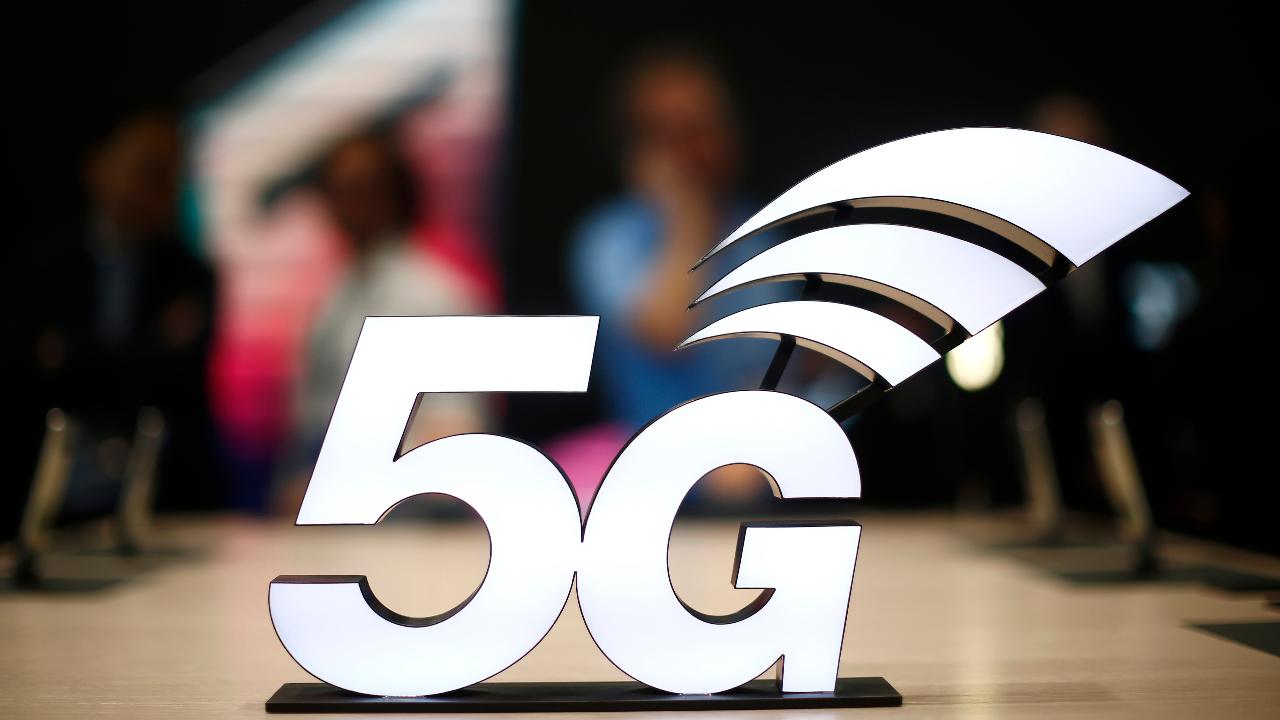The 5G era is here, but pitfalls loom for early adopters
U.S. customers are getting their first taste of fifth-generation wireless technology and more will soon as other carriers launch their own networks in the upcoming weeks, but pitfalls loom for the early entrants as countries around the world race to roll out the offering.
Verizon and AT&T have both initiated 5G service in select cities across the U.S. and are planning to quickly expand the offering. Verizon on Thursday added 20 more cities to its launch plans for 2019 including Dallas; Atlanta; Washington D.C.; Kansas City, Missouri; and San Diego. Meanwhile, Sprint and AT&T are both expected to turn on their networks in the near future.
“The race is on,” Tommi Uitto, president of mobile networks at Nokia, told reporters on Thursday. “We are on the verge of something much, much bigger than 3G and 4G were. And I think 5G has the ingredients to have a much more profound impact on society and businesses.”
But while consumers will be able to enjoy the faster speeds and lower latency that underscore the immense promise that 5G holds, much like the roll-out of the prior 4G networks the initial launches are likely to be more of a testing ground as companies seek to improve their products based on real-world experience.
Verizon, for example, faced some criticism over its 5G launch in Minneapolis and Chicago after the network failed to consistently deliver the promised speeds. Now, the New York City-based company is offering the service for free, after seeking an additional $10 per month.
“This is a thank you and a value-add for early adopters and first-to-5G customers,” a company spokesman told FOX Business.
The first 5G phone is not yet available, but when the Samsung Galaxy S10 5G launches in May those Verizon customers with unlimited data plans will have the $10 fee waived. Those individuals that purchased the modem-attachment to make the Moto Z3 compatible with 5G networks with an unlimited data plan will also get the first three months free.
U.S. carriers have been eager to blast each other as they all race to introduce the offering, and Verizon’s early struggles gave other companies an opportunity to take veiled swipes and tout their own networks.
“We are the only operator that’s able to actually replicate our 5G and our coverage exactly the same as LTE,” John Saw, chief technology officer at Sprint, said on Wednesday at a recent industry conference hosted by New York University. “We have purposefully gone in there and made sure that we have ubiquitous 5G coverage so that you can actually see your 5G icon for more than a few seconds.”
Saw cautioned, however, that the U.S. is a “long way from realizing the full dreams of 5G.”
| Ticker | Security | Last | Change | Change % |
|---|---|---|---|---|
| VZ | VERIZON COMMUNICATIONS INC. | 46.29 | -0.77 | -1.64% |
| TMUS | T-MOBILE US INC. | 197.39 | -4.47 | -2.21% |
| S | SENTINELONE INC | 13.22 | +0.29 | +2.24% |
| T | AT&T INC. | 27.13 | -0.18 | -0.66% |
While consumers will experience the benefits of the advanced networks, experts say the real advantages will be felt by industries like health care and auto manufacturing. The LTE network paved the way for the rise of companies like Uber and Snapchat, spurring hope that as the technology matures it will bring with it a rush of new innovations, from remote surgery to driverless cars.
Prior networks have "only been about enabling people to call one another or access the internet wirelessly, whereas 5G has all the ingredients for automating business processes, especially in the physical industries," Uitto said.
CLICK HERE TO GET THE FOX BUSINESS APP
But experts say the key to its success will be available spectrum, or the frequencies over which the wireless communications travel. T-Mobile and Sprint have used it as a key reason to push regulators to approve their $26.5 billion merger, a deal which appears to be meeting heavy resistance from the Trump administration.
“The race to 5G or the success of 5G is all about having unencumbered spectrum that is not used for LTE,” Saw said. “That is the whole rationale for why we are excited about the merger.”




















